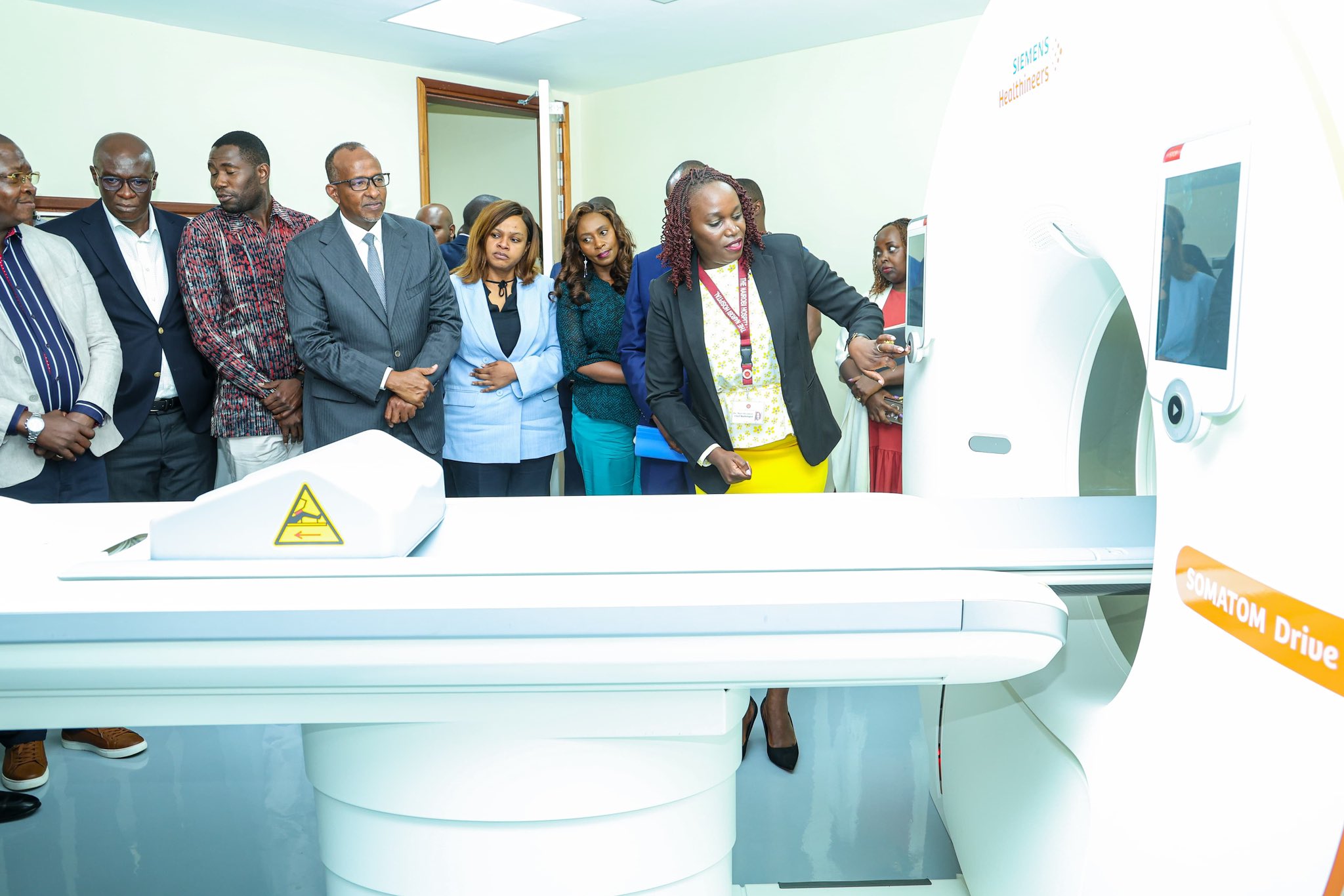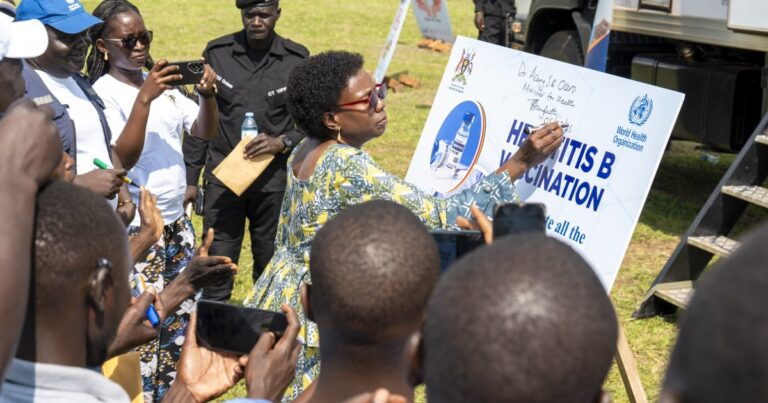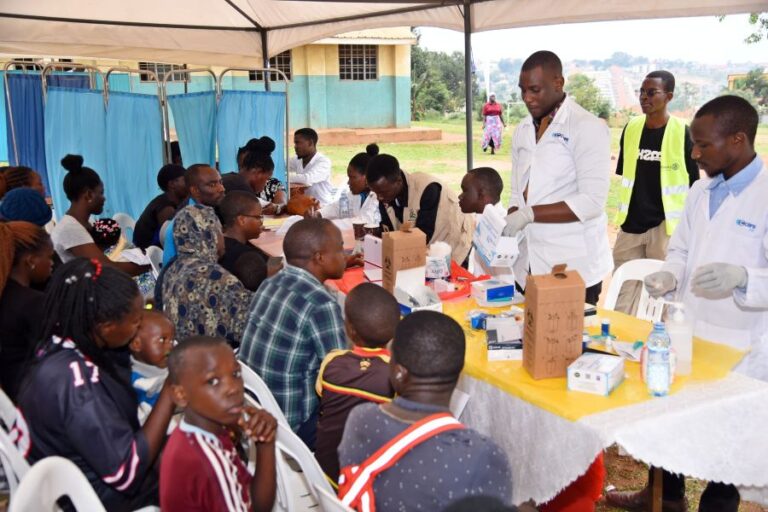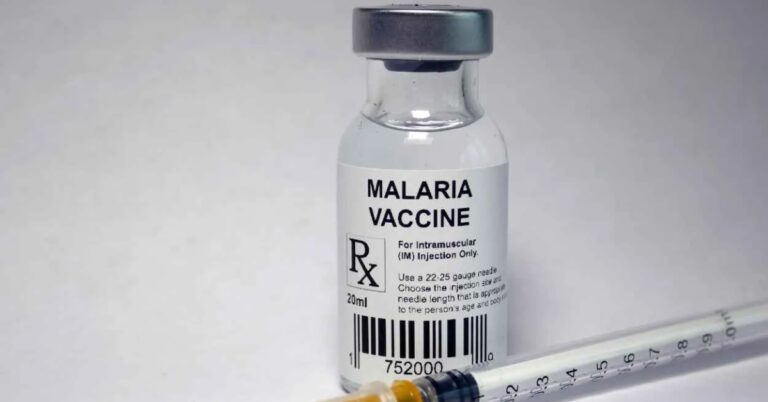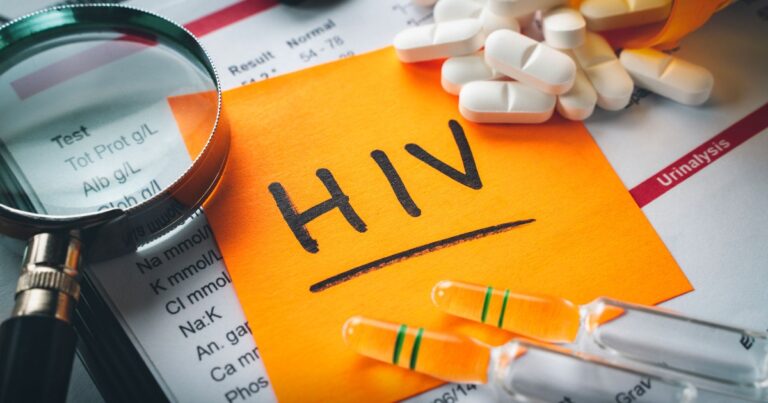Kenya has marked a major breakthrough in healthcare by becoming the first country in East Africa to introduce an AI-enabled medical scanner at The Nairobi Hospital. This advanced technology is set to revolutionize how diseases are detected and treated, offering faster, safer, and more precise imaging for patients across various medical fields — from cardiology and neurology to cancer care, pediatrics, orthopedics, and trauma management.
Unlike traditional scanners, this AI-powered system provides high-speed results with lower radiation exposure while delivering highly accurate diagnostic images. Health experts say this innovation will help detect diseases earlier and with greater precision, leading to better treatment outcomes and ultimately saving lives. This achievement positions Kenya and The Nairobi Hospital as leaders in medical technology across the continent.
Speaking during the launch, Cabinet Secretary for Defence, Aden Duale, who was representing the Ministry of Health, celebrated the milestone as a bold step forward for Kenya’s healthcare system.
“This isn’t just about introducing new technology — it’s about showing our commitment as a nation to innovation and ensuring every Kenyan has access to quality, reliable healthcare,” CS Duale said. “With this scanner, we can diagnose conditions faster and more accurately, which gives patients a much better chance at recovery.”

Helping More Kenyans Access Life-Saving Treatment
The launch of the AI scanner goes hand-in-hand with a new partnership between the Ministry of Health and The Nairobi Hospital through the Social Health Authority (SHA). This collaboration is designed to make advanced healthcare services more accessible to vulnerable and underserved patients, particularly those battling chronic diseases like cancer and kidney failure.
Through this initiative, eligible patients will benefit from a full range of oncology services, including cancer screening, diagnosis, and advanced treatment options like radiotherapy and brachytherapy. In addition, those suffering from kidney disease will receive free dialysis and subsidized kidney transplants, with support provided every step of the way — from preparation to recovery.
CS Duale stressed that this partnership is driven by the government’s commitment to equity in healthcare.
“This collaboration shows that we believe healthcare is a right, not a privilege,” he said. “Together with SHA and The Nairobi Hospital, we are making sure that no Kenyan is left behind simply because they cannot afford the treatment they need.”
What This Means for Uganda’s Healthcare
Kenya’s breakthrough in adopting AI-enabled diagnostic technology offers a powerful example for neighboring countries like Uganda. With similar healthcare challenges—including a high burden of non-communicable diseases and limited access to advanced diagnostic tools—Uganda stands to benefit greatly from investing in such innovations.
By following Kenya’s lead, Uganda could enhance its diagnostic capacity, allowing for earlier and more accurate detection of diseases, reducing treatment delays, and improving patient outcomes across multiple specialties. The integration of AI-driven imaging could also help optimize resource use and ease pressure on healthcare workers by speeding up diagnoses.
Furthermore, Kenya’s model of combining cutting-edge technology with expanded access to specialized care through partnerships like the Social Health Authority provides valuable lessons on how Uganda can promote equitable healthcare access, ensuring that vulnerable populations receive the care they need regardless of financial constraints.
A New Chapter for East African Healthcare
This AI-powered scanner is more than just a technological upgrade — it’s a symbol of Kenya’s ongoing investment in modern, people-centered healthcare. It’s about giving every patient — regardless of age, background, or financial status — a better shot at early diagnosis, effective treatment, and recovery.
As Kenya leads the way in medical innovation, Uganda and other East African countries have the opportunity to embrace similar advancements, fostering a healthier future for the entire region.

